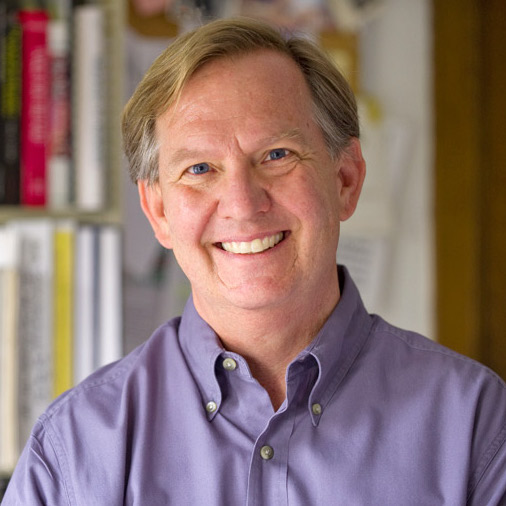
Dan Kenary, co-founder of Harpoon Brewery, regularly has to explain that he isn't a left-winger. "I'm a huge believer in free enterprise," he says. "But greed has come to the forefront of the private sector, and that is a tremendous risk to the system.
"I am not surprised that so many people under the age of 30 think socialism is cool. The only form of capitalism they know has been perverted by greed."
Kenary wasn't thinking about socialism when he and co-founder Rich Doyle sold 48 percent of the company's stock to their employees in 2014. "I want Harpoon to be here for 100 years," he says. "We need to build a brand that has enduring value. I want our employees to love their jobs so much that they will spend their entire careers here. And if employees and their families can share in the financial rewards, that's great."
The deal came together after Kenary and Doyle, who each owned 45 percent of the company, decided to end their long partnership and turn Doyle's shares into cash. Doyle wanted to sell the company to a private investor. Kenary wanted to sell to an employee stock ownership plan (ESOP). To break the tie, they asked six minority investors to decide. All of them said the company should buy Doyle's shares and put them in an ESOP, which meant that Harpoon would take on significant debt.
"That was really something," says Kenary, "because it meant that anyone who held on to their stock took a big hit. My stock probably lost 60 percent of its value. But I'm convinced that we're all going to make it back. We're the 12th-largest craft brewer in the U.S. We're growing, and we're going to keep growing."
Harpoon's slogan is "love beer, love life," and Kenary says the company's mission is "socializing and having fun." Harpoon's brewery and beer hall in downtown Boston gets 500,000 visitors a year, with employees hosting the parties. "We have incredible employees," he says. "And now they are engaged on a different level when they're at work. They are not just punching the clock."
Harpoon got an award from the National Center for Employee Ownership for the way it explained the deal internally. The company brought in professional storytellers from The Moth to advise its communications team, so the company could effectively emphasize stories about the human impacts of employee ownership when it explained the deal to employees. The legal stuff came later.
"Employee ownership is a complicated idea, and it only works if the employees really get it," says Corey Rosen, founder of the NCEO. "In addition to the legal move, you need to cultivate a high-involvement culture that encourages employees to think like owners."
As the ESOP approaches its two-year anniversary, Kenary says that employees are just starting to see the financial benefits in their retirement accounts. The faster the company grows, the quicker the debt will be retired and the more their benefits will increase. "So if you're on the bottling line and you figure out something that saves us $100 a day, you will speak up, because that is a savings of $25,000 a year," he says. "Harpooners know that a savings like that will boost the company's valuation, which is reflected in the price of stock that they own."
Harpoon has also become a cheerleader for ESOPs. "A lot of microbrewery owners are going to retire in the next few years, and I want them to consider doing this," Kenary says. This fall, Harpoon and employee-owned Deschutes Brewery will release a limited-edition beer brewed with employee-grown hops.
"When I get to heaven, I don't think St. Peter is going to ask me how much money I made," he says. "The question is the same in every value system: Did you make a difference? I want a business that lets employees send their kids to college and buy a little boat for themselves. The business is about enjoying life."
Images courtesy of Harpoon Brewery

Brad Edmondson is an award-winning writer and presenter who explains social change and how it happens. www.bradedmondson.com.














